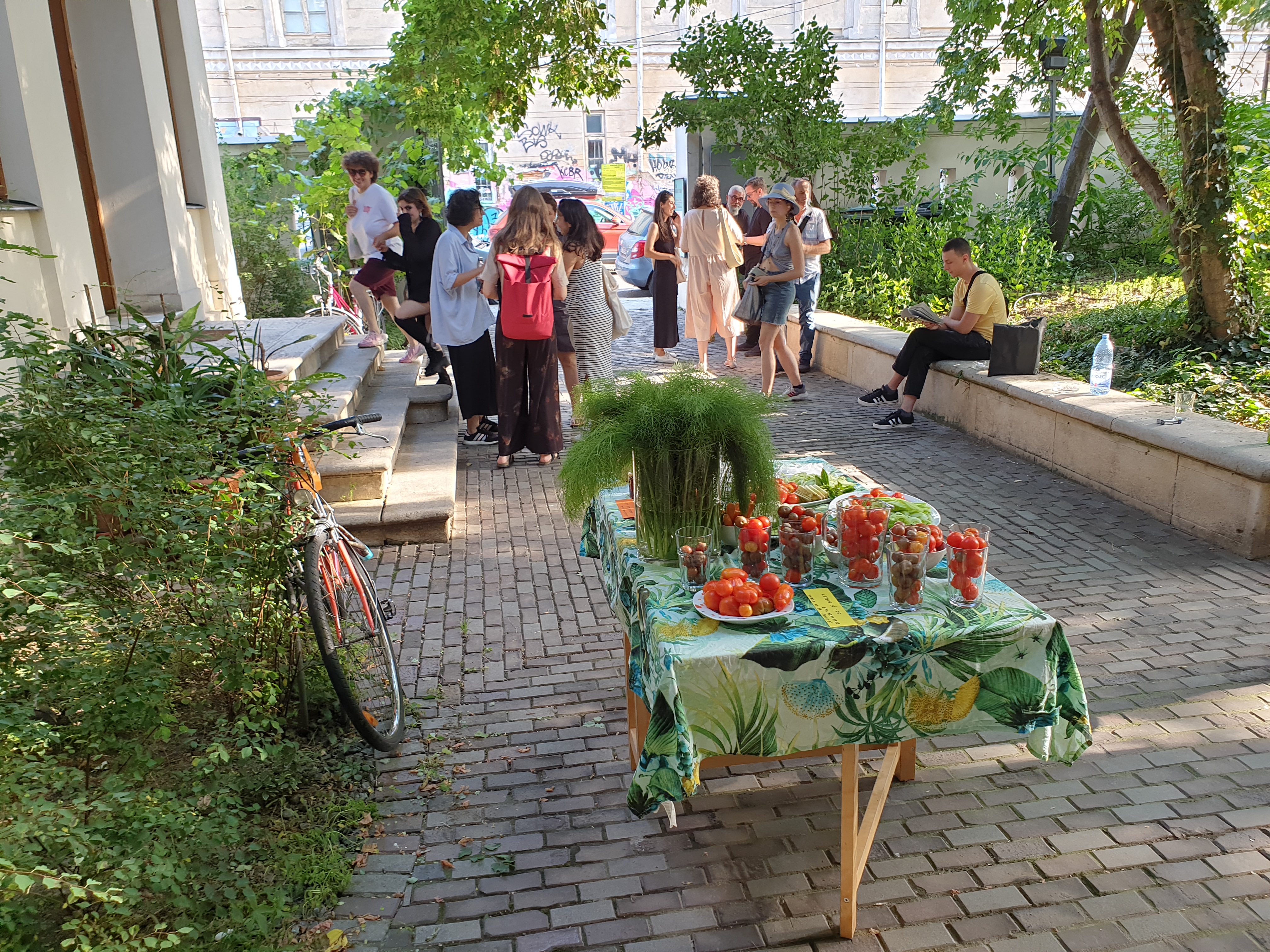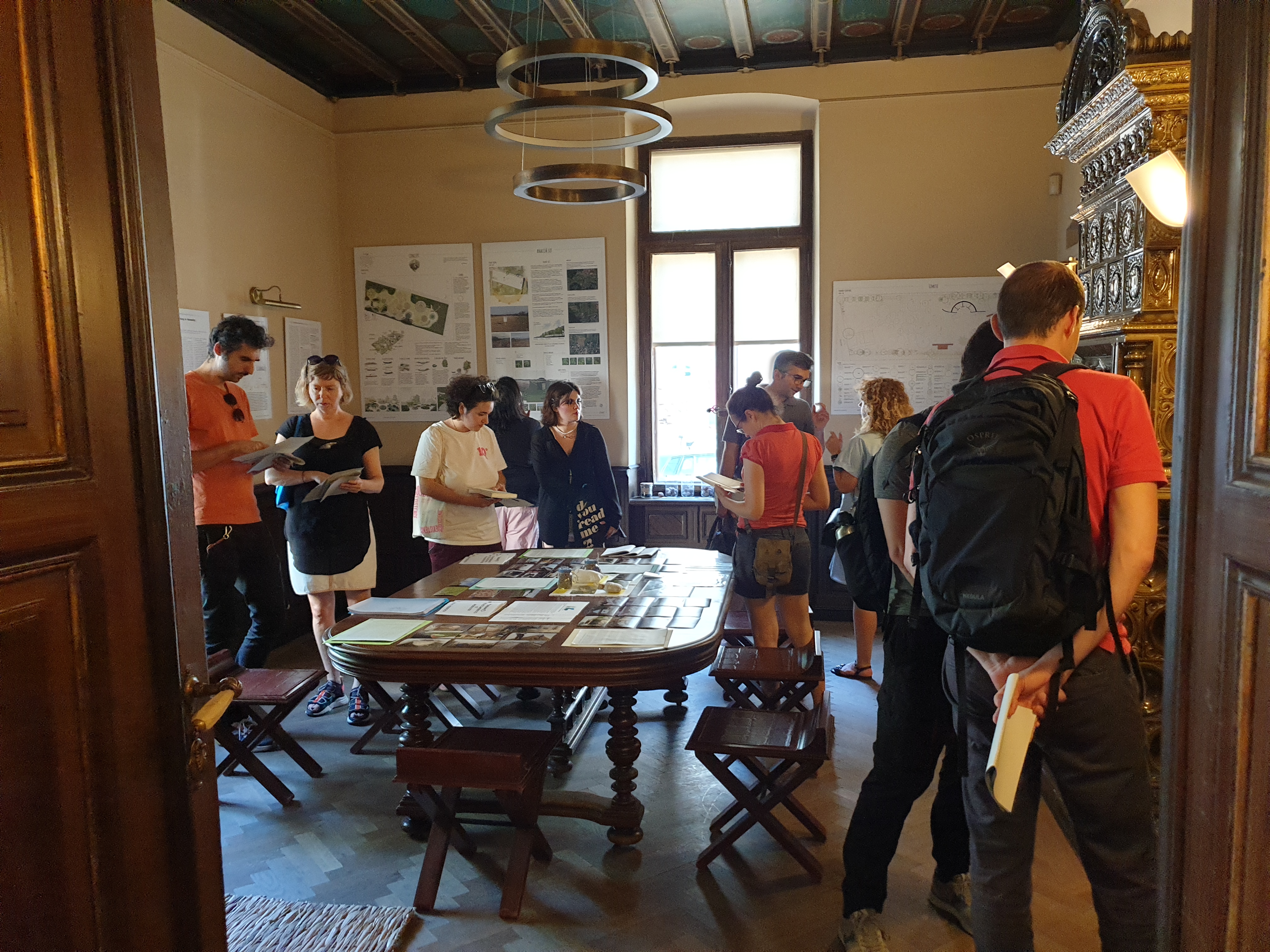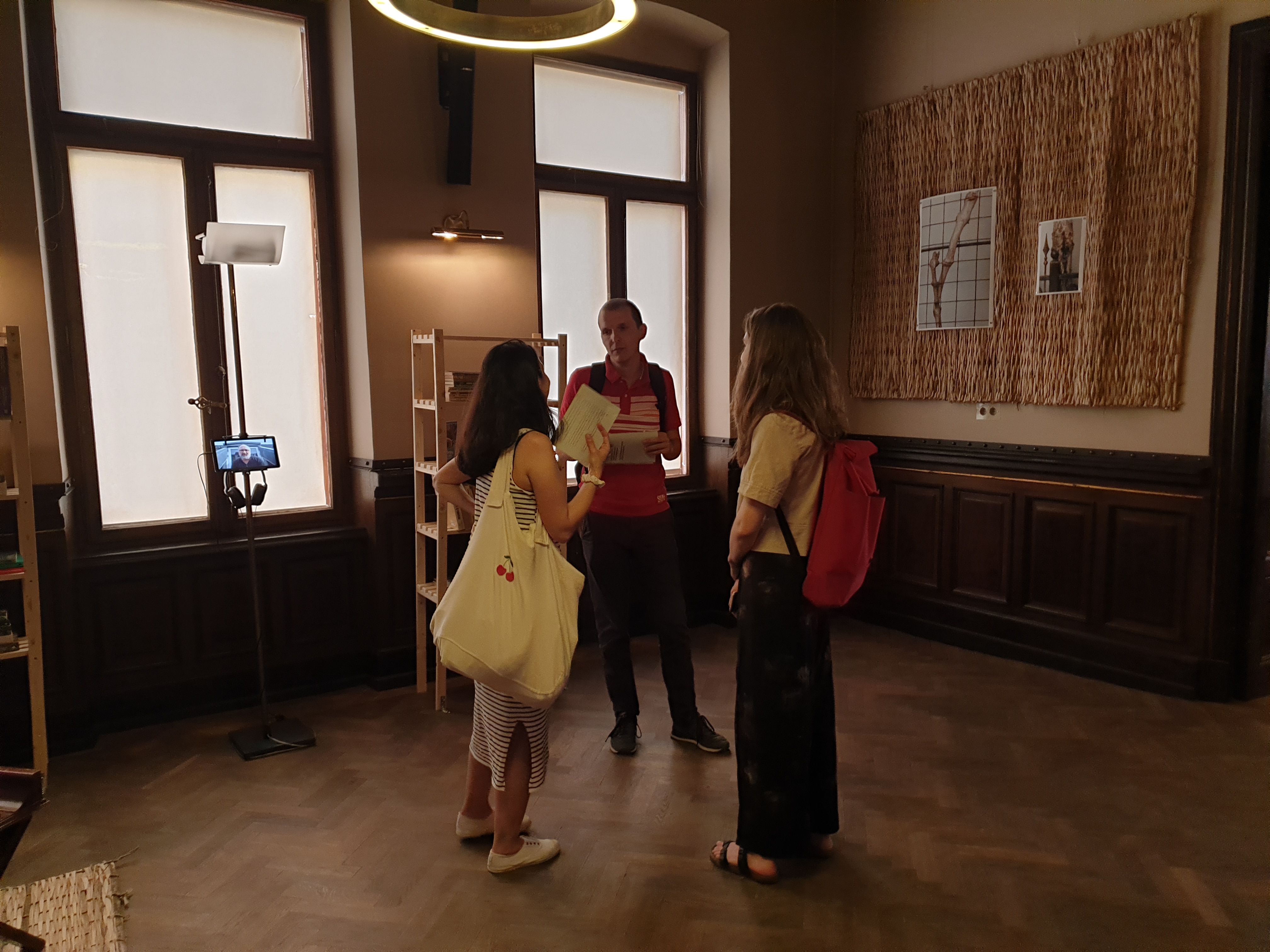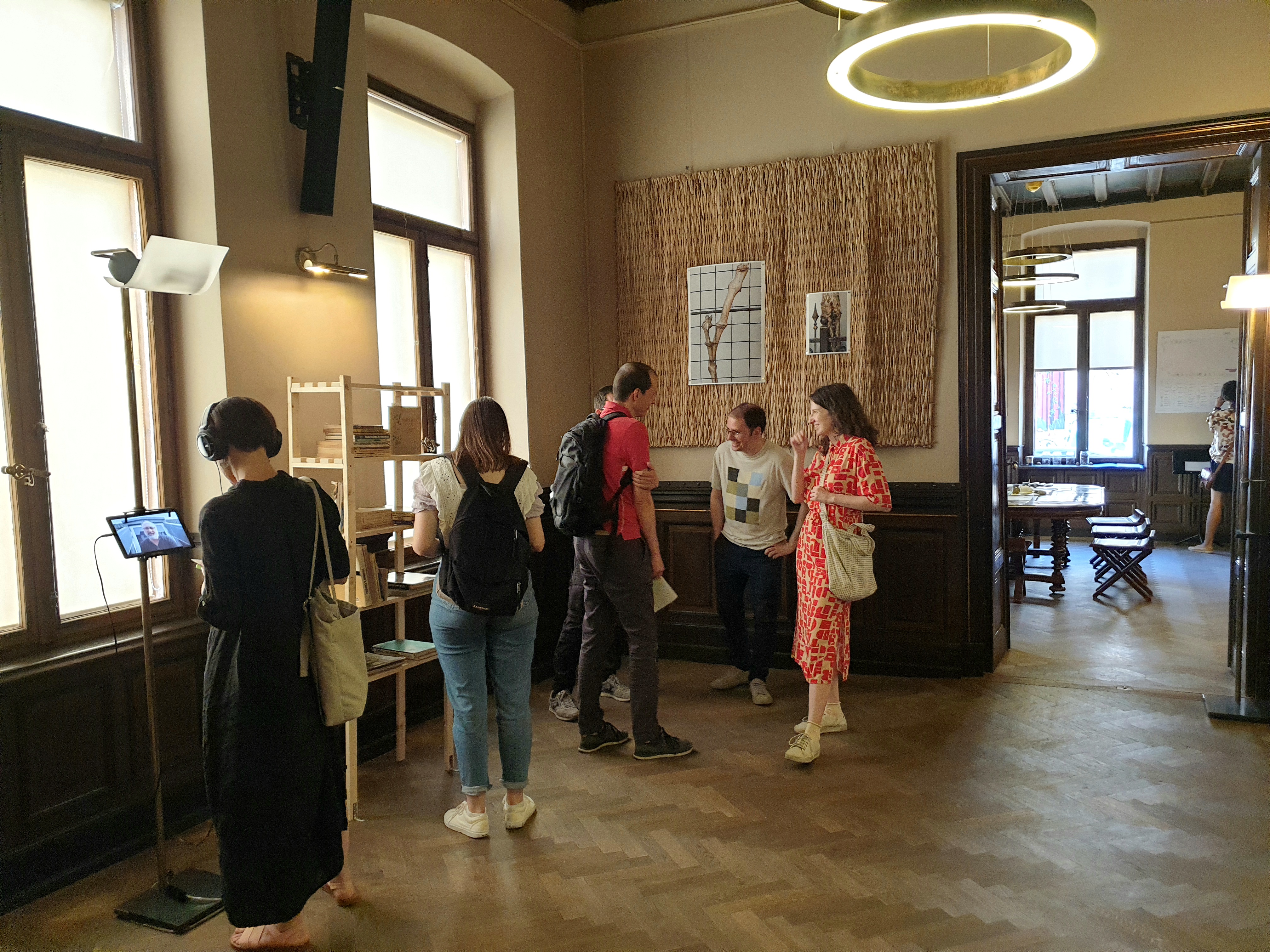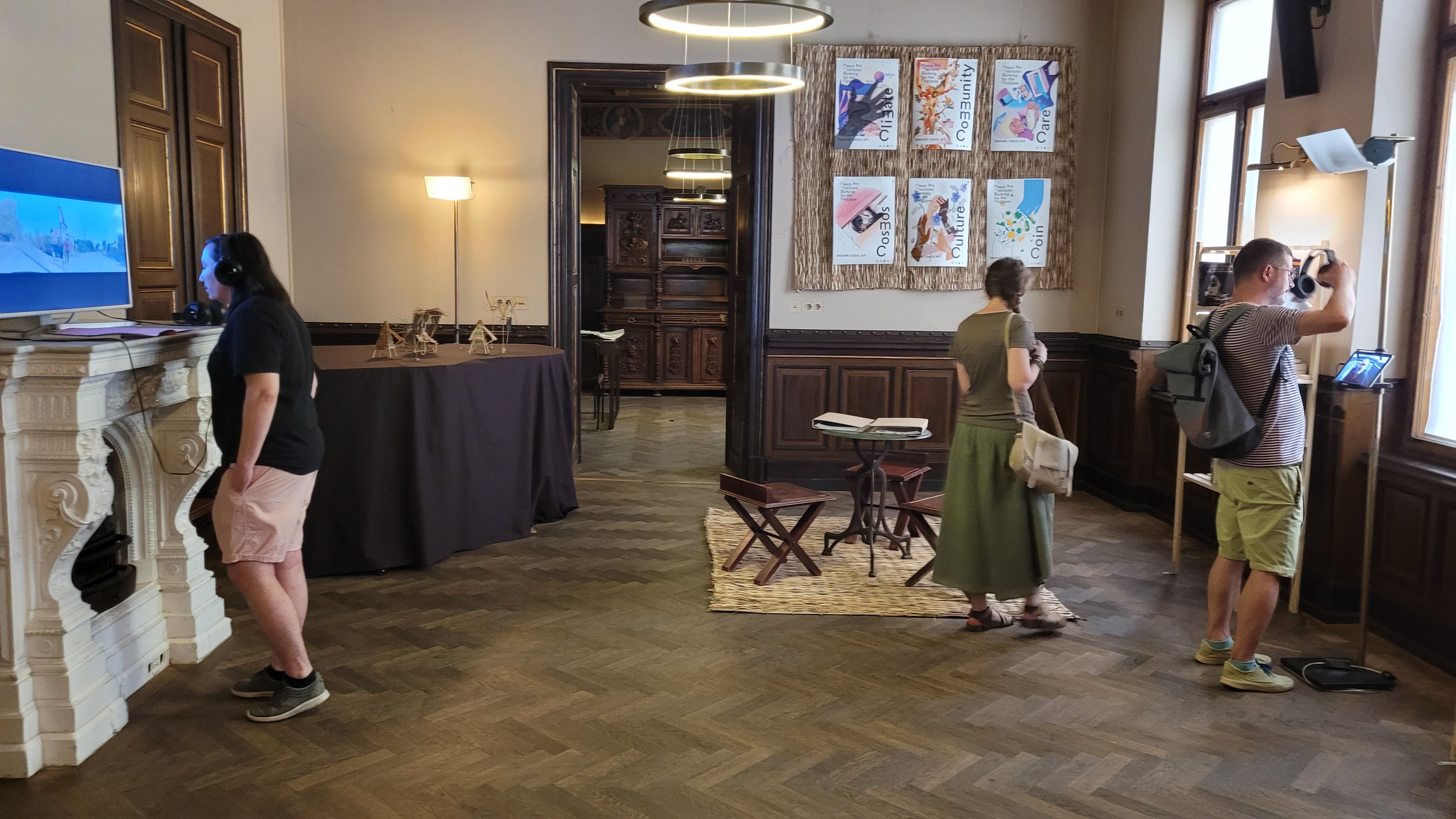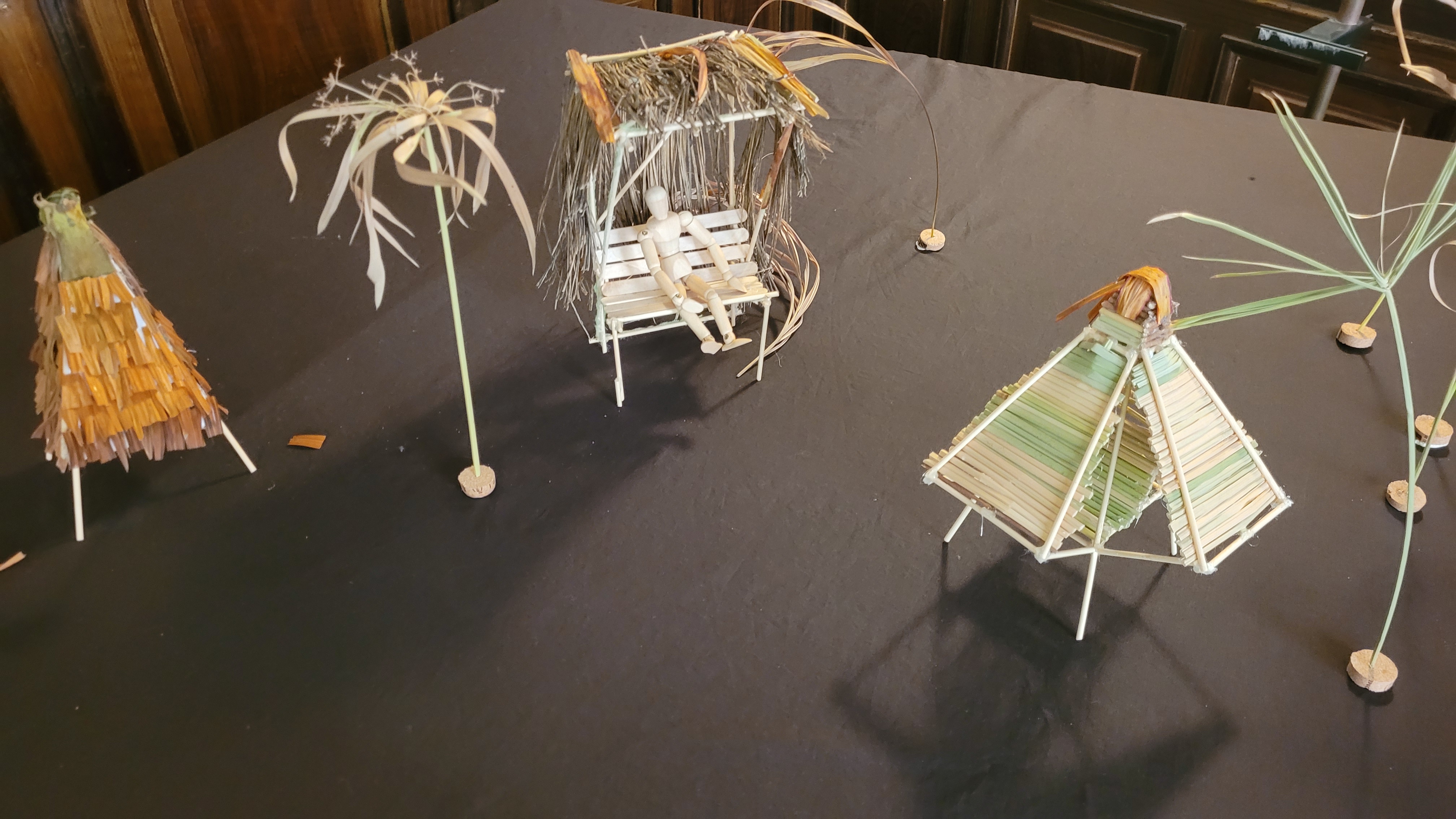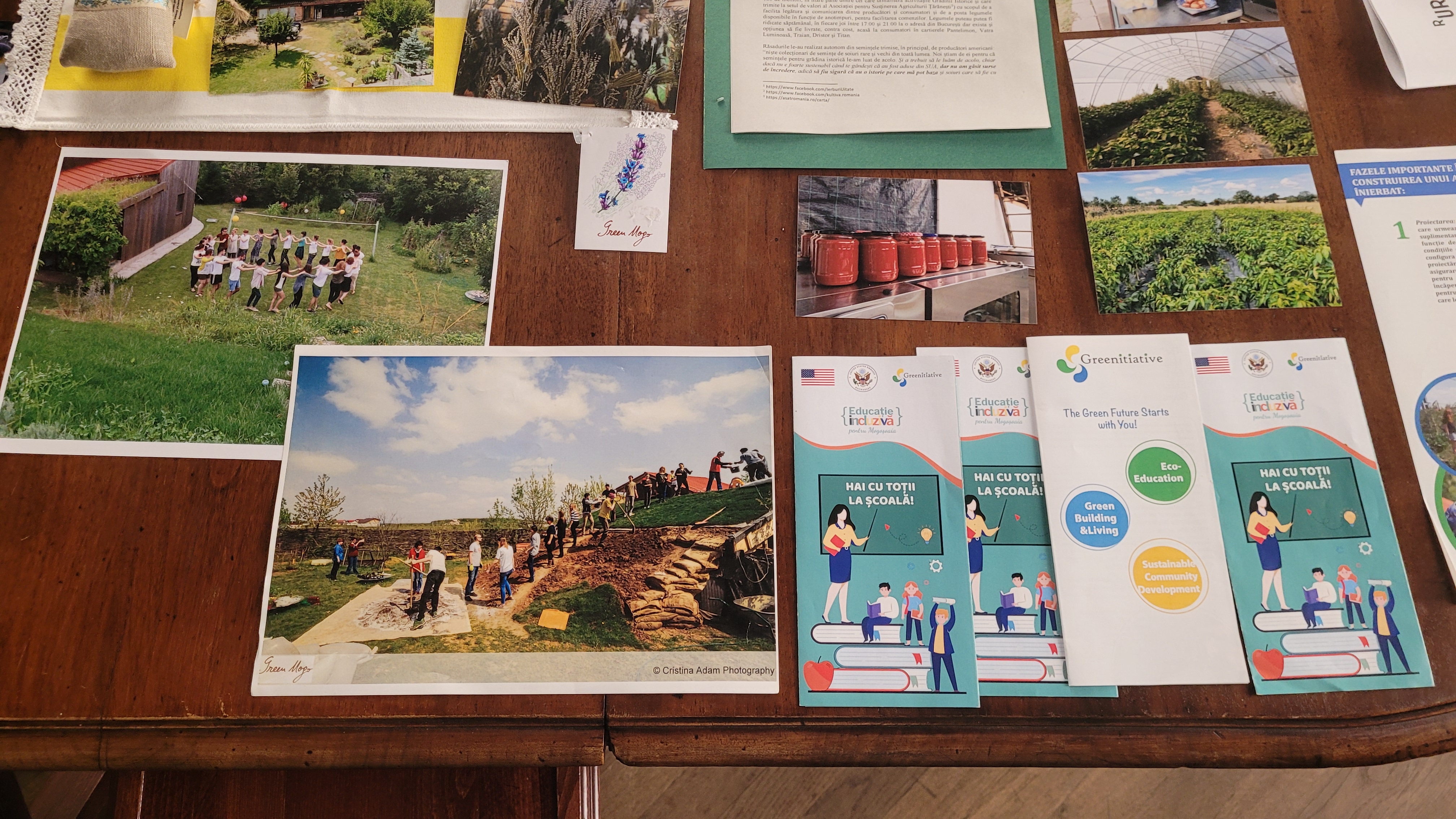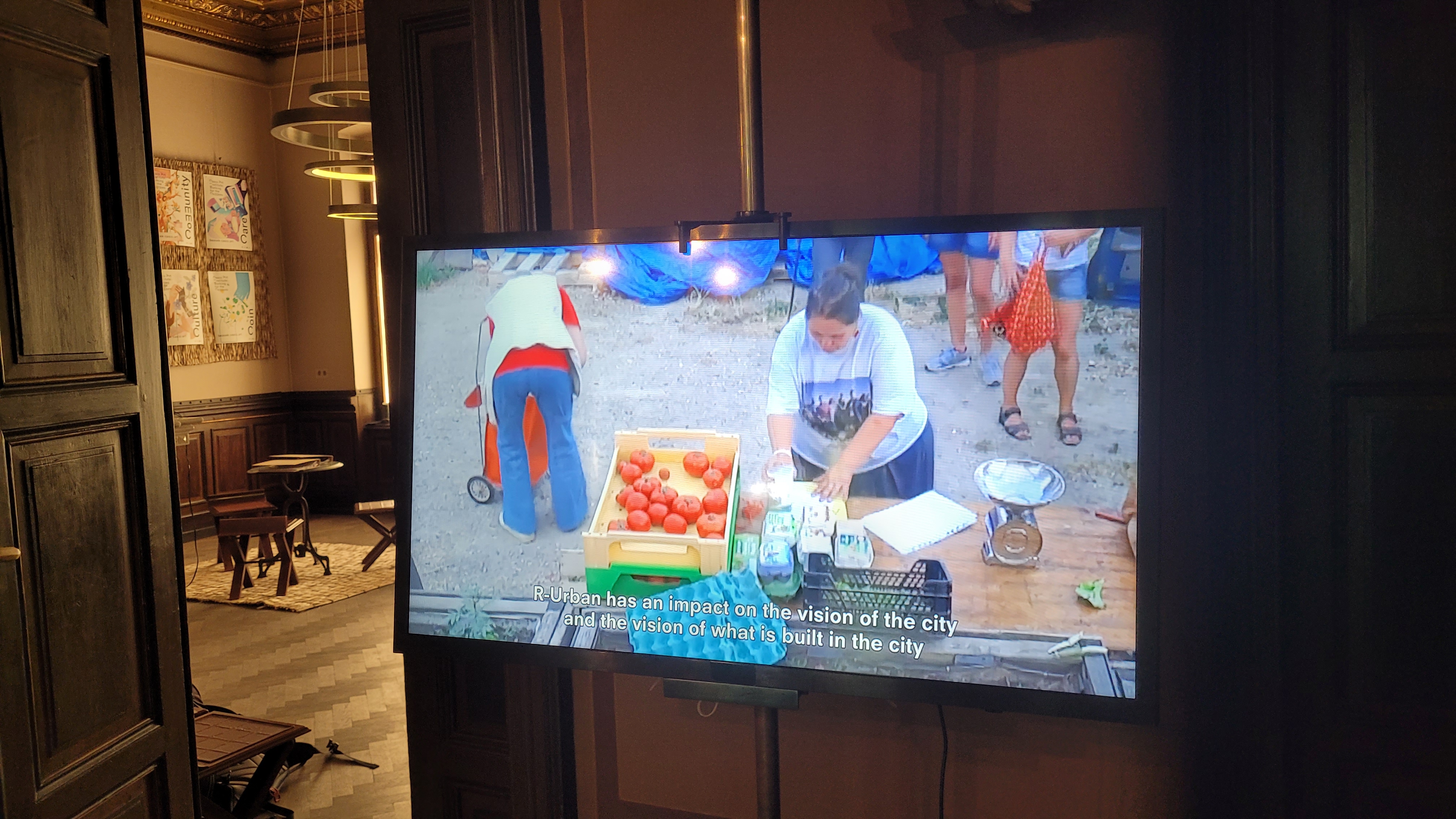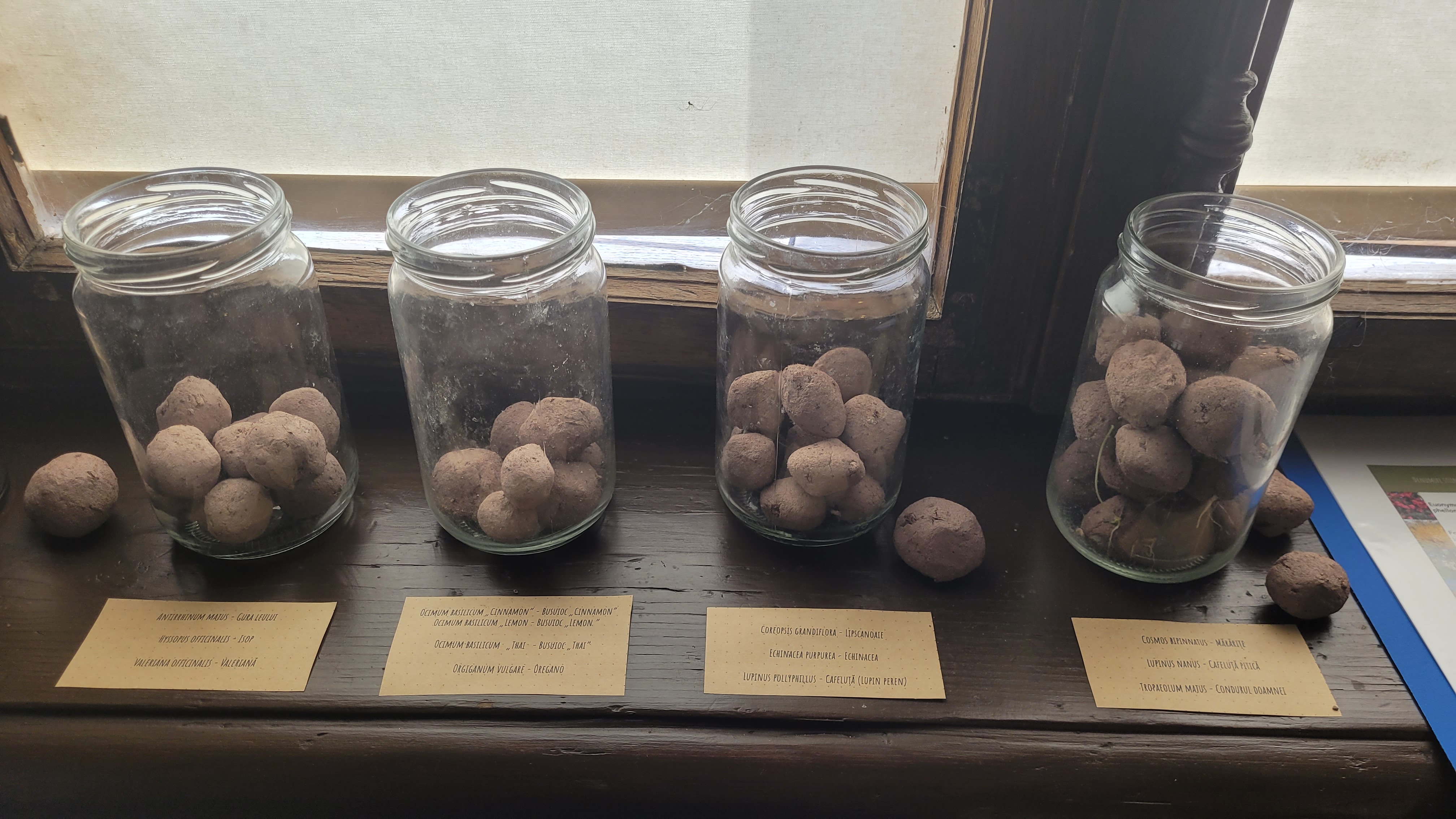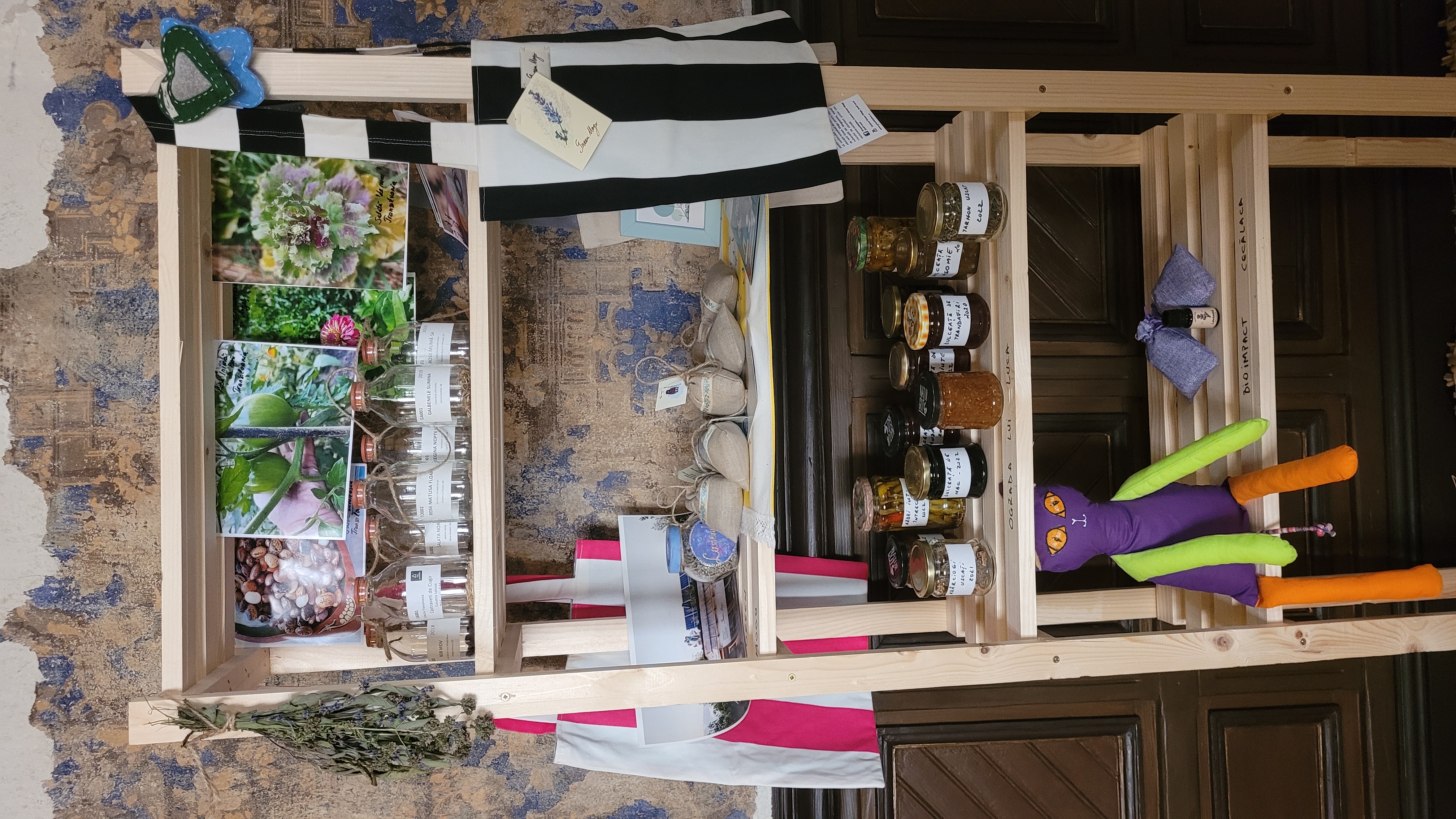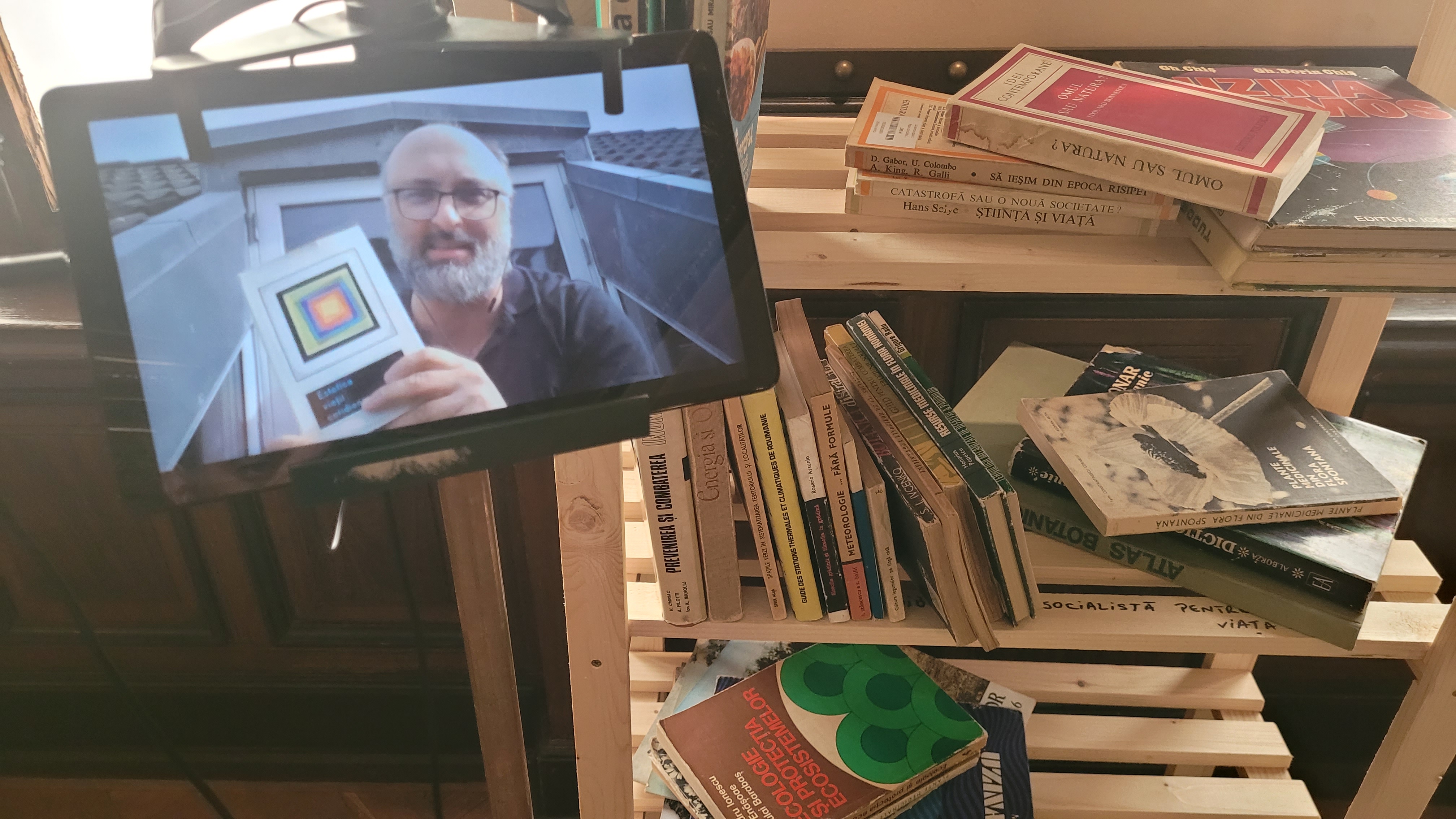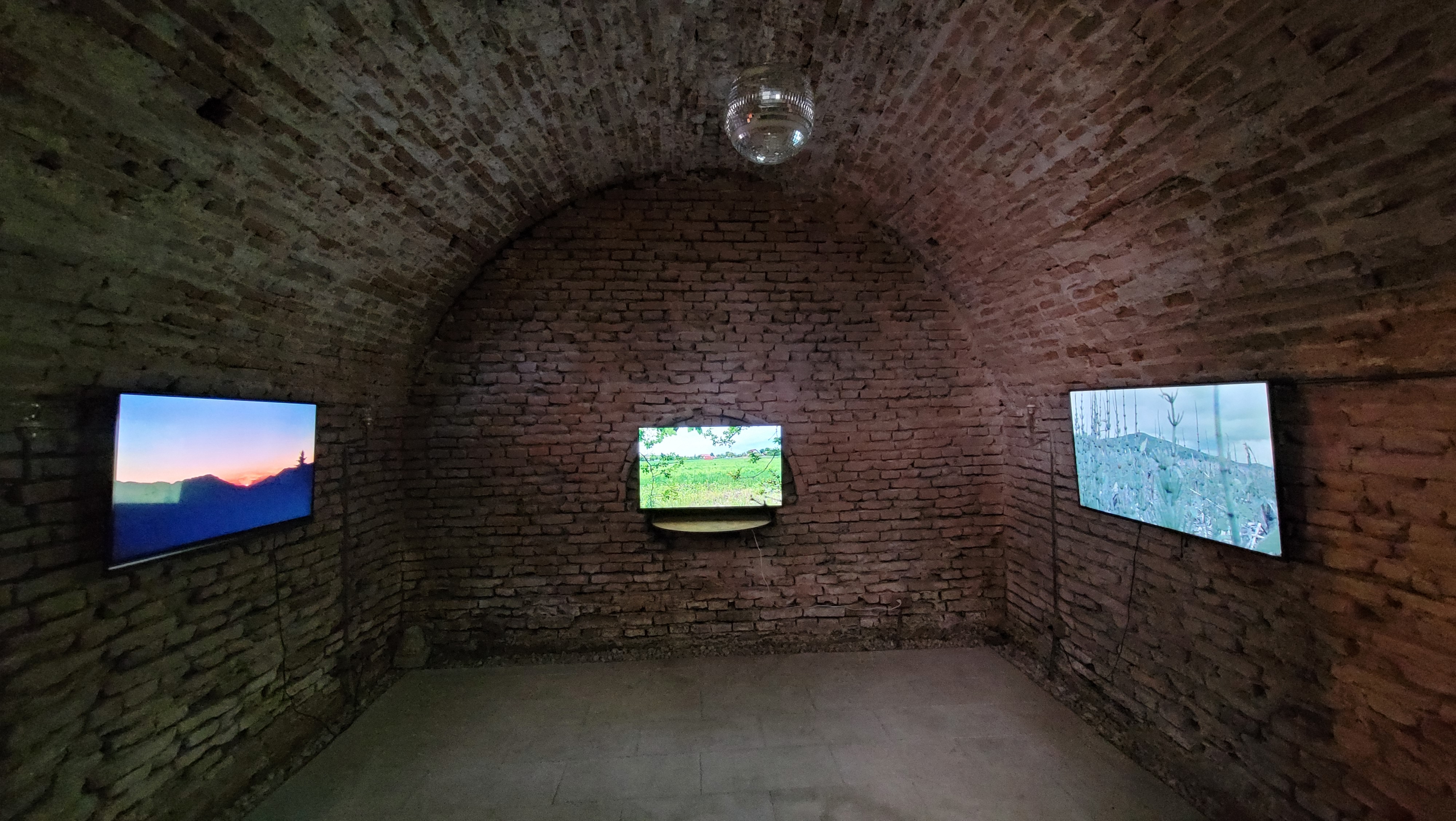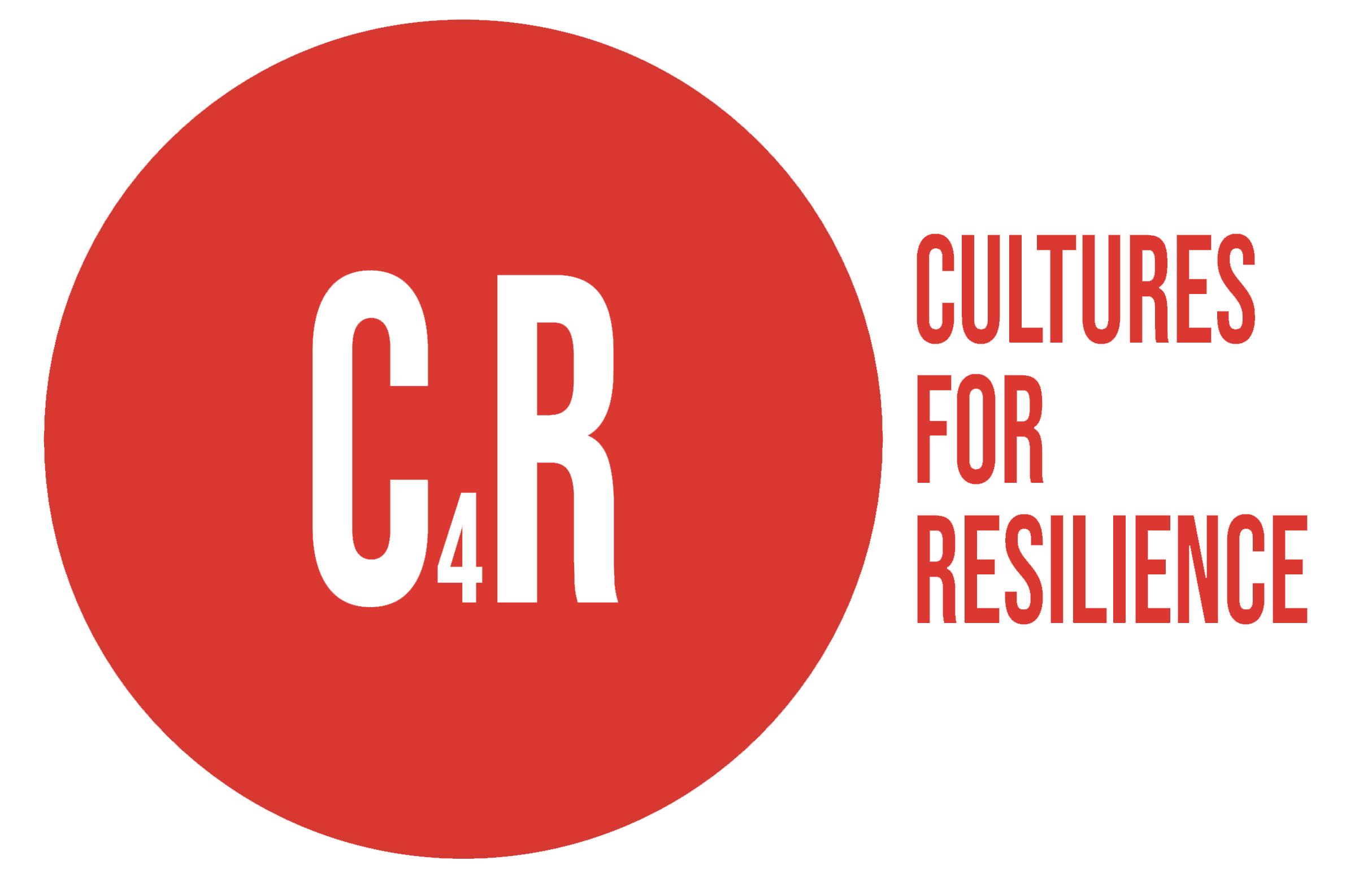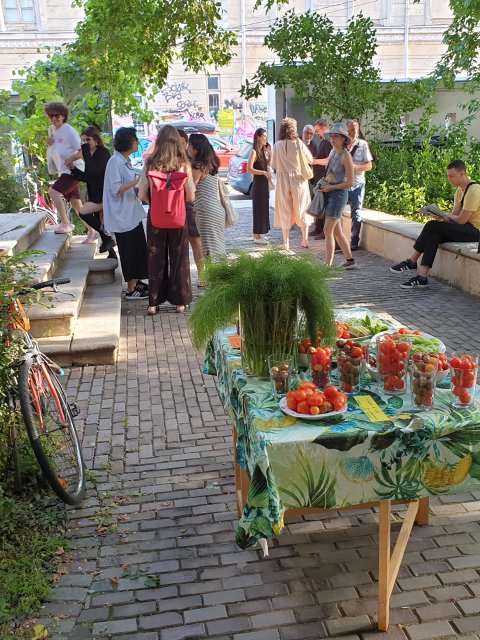An exhibition organised in the frame of the project C4R (Cultures for Resilience), by tranzit.ro, in collaboration with Atelier d'Architecture Autogérée (FR), Casco Art Institute (NL), Nethood (CH) and in partnership with The Romanian Order of Architects
1 – 15 July 2022
The Romanian Order of Architects, Str. Pictor Arthur Verona nr. 19, Sector 1, București
Participants:
- atelier d’architecture autogérée, r-urban, CASCO, nethood, Remix the commons, tranzit.ro;
- Gilles Clément, Georgiana Strat;
- Alex Axinte, Bogdan Iancu, Monica Stroe, Alexandru Vârtej;
- GreenMogo, Legumim/ Gastronaut, Luca’s Farm, Nettle Garden, Țopa Farm, Soil and Soul, Seed Bank “Casa Semintelor”;
- Maria Balabaș, Vlad Brăteanu, Adriana Chiruță, Eduard Constantin, Delia Popa, Sorin Popescu, Anamaria Pravicencu;
- Ovidiu Țichindeleanu;
- Carambach (Adriana Chiruță), Cecălaca/Csekelaka Cultural Studio (Oana Fărcaș), Crețești Studio-Garden, Ilfov county (Delia Popa), The Dendrological Park Romanii de Jos (V. Leac), Drenart (Stoyan Dechev, Olivia Mihălțianu), The Experimental Station for Research on Art and Life (Dana Andrei, Edi Constantin, Valentin Florian Niculae), The House of Light and Information (Matei Bejenaru), Intersecția Residency (Emanuela Ascari), Jan Hála House (Zuzana Janečková), LATERAL AIR (Cristina Curcan, Lucian Indrei), Muze. Gemüse Initiative (Maria Balabaș & Vlad Mihăescu), The Rajka Orchard (Martin Piaček), Rădești House (Irina Botea Bucan & Jon Dean), Reforesting project (Vasilis Ntouros, Dora Zoumpa), Siliștea Future Studios (Adelina Ivan, Ioana Gheorghiu, Virginia Toma, Ramon Sadîc, Robert Blaj, Vlad Brăteanu), Solar Gallery (Ariana Hodorcă & Albert Kaan), Watermelon Residency (Daniela Pălimariu, Alexandru Niculescu);
- Raluca Voinea, Adelina Luft.
A hybrid, research exhibition comprising documentation produced in the C4R activities, artworks and documents related to a localised understanding of resilience.
In the framework of the C4R project, tranzit.ro has looked at practices that redefine the relationship with the countryside, with land and soil, with nature, with food and natural resources, with the rural communities and also with people in the big cities who are looking for sustainable alternatives to their lives.
All the partners in this EU-funded project have used a variety of tools: anthropological and cultural mapping, conferences, discussions and seminars as well as digital platforms, in order to highlight different forms of resilience in our societies, in the East, West and North of Europe, touching on issues from the circuit of organic food, to sustainable building materials, forms of commons and of governance, communities structured around ecological thinking and action, and not least artistic initiatives that seek for linking with nature and the countryside.
Some of these different understandings of the concept of resilience will be reflected in the exhibition Now the impulse is to live!. As part of a project that is still in progress, the exhibition offers a format for continuous reflection on the topics researched. Materials included comprise documentation generated by the project (interviews, texts, photo material), sketches and plans, maps, artworks commissioned for the project (drawings, photographs, video, sound), archival material and others.
The C4R project aims to foster resilient and inclusive European societies by developing participatory cultural practices of resilience and ensuring social transversality. C4R offers conditions for the production and dissemination of a diversity of cultures of resilience to counterbalance the over-hype of catastrophist productions and to influence and transform European collective imaginaries.
The project is supported by the EC's Creative Europe - Culture programme.
Exhibition title and cover image from a material on Luca’s Farm, by Alex Axinte
Special thanks to: Despina Bădescu, Mădălin Geană, Livia Pancu, Marian Ivan, Iuliana Dumitru
